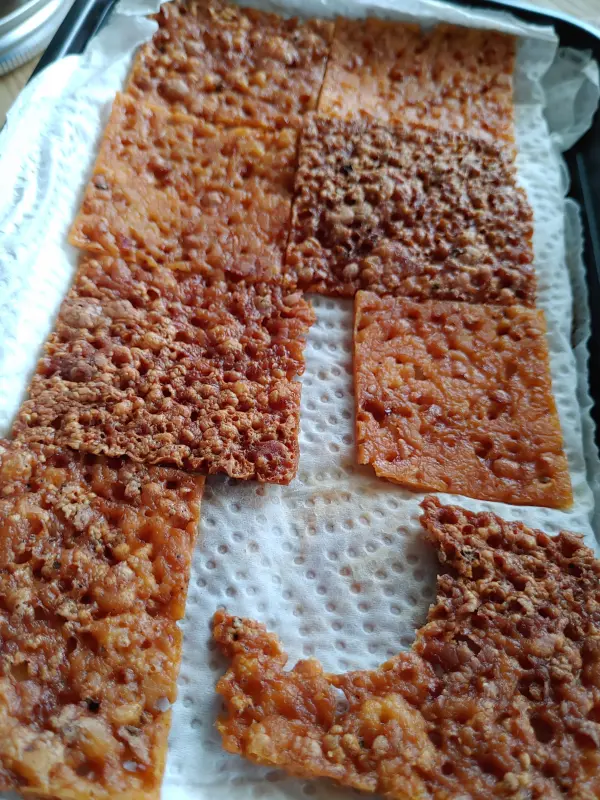Sep 3, 2022 • 1 min read
Lies of Quiet Quitting
Canadians and American’s are often vocal of how they love to support freedom, yet many of these most vocal proponents are very directly pro-slavery. Our society has a movement corruptly labled as “quiet quitting” and is considered “anti work”, but the definition of that action is to do no more than what your job contracts. That is the very basis of employment. We’ve normalized the basis of work to be a form of “quitting”.
In fact, it is the moral obligation of anyone who supports freedom to oppose working more than what a job contractually entails, and of course for employers to ask no more. Admitedly, in many mundane ways this can be bothersome, but these obligations are amongst the only ways to keep power on the side of labour. To do otherwise normalizes uncompensated labour; that is slavery.
Employment enables freedom by trading labour for needed material resources like food and shelter, but at a point once freedom is enabled and stable, one begins trading their own freedom for resources that no longer support it. You can’t trade freedom for more freedom. Anyone who considers themselves on the side of freedom against slavery should be striving to strike that balance before employment becomes slavery; and spread freedom enabling resources as wide as possible.
Read →
Aug 9, 2022 • Less than a minute read
Ultimate Pokedex print

By lodhart, then brimstone326. So, not my design, but it is probably the most complicated thing I’ve printed so far… complicated as in lots of small bits. I’m very happy that the process came together as smoothly as it did. Even happier that Snapmaker finally fixed their pause print feature so it doesn’t spit out the filament when I try to change colors. So liberating when I can make gradients and add transparencies.
Read →
Aug 7, 2022 • Less than a minute read
Relationships Beg
A relationship begs, and loathes, the meeting of expectations.
Read →
Jul 26, 2022 • Less than a minute read
Cheese Crackers

My new favorite snack. One secret ingredient. Oranged milk curds. Lay em out on a cookie sheet and bake at 350 degrees until lightly browned. Easy peasy.
Read →
May 23, 2022 • 2 min read
Guilt vs Shame
RM Brown put me on a mini Briahna Joy Gray rabbit hole, and as one of the few mainstream leftists with smartly stated views, I’m totally fan girling over her. This preamble is just to cover my source for my under devloped thoughts on the title topic. As I was turned onto the idea by her article for Current Affairs The Politics of Shame. Her article is about Trump and I’m literally going to talk about 2 sentences within it, so, make what you will of this intro.
I guess I was inspired because I had already been thinking of the validity of different forms of repercussive actions. My original concerns are of where to draw the lines of cutting out transgressive people from our lives, but that is a broader, possibly never ending debate. Briahna mentions how the act of shaming a person can be dangerous because not only is it scientificly unhelpful, it can also lead to an identity of shame which will in turn lead to larger issues. Think of (or in my case, remember) a child that only knows how to get attention by getting in trouble. Guilt is considered here as a more desirable trait to impart. My loose understanding being that guilt is shame but with a desire to change or sent things right.
For me, this instantly brings forth images of Facebook comments on Rant pages calling for people to “name and shame” their transgressors. I’ve never participated in such comments, but I don’t know if I’ve ever had a problem with them. However, with my new line of thinking, I may strive to participate in order to push a narrative of “name and point them on a course of corrective action”. Admittedtly, not as catchy, but I think it’s an important change. Not to diminish the importance of identifying where problems are in our lives, but we know the next step is to identify how to address those problems. It feels like our society is in a place which often ignores, and never leaves the headspace of complaining; or skips that step and goes straight to removing the problem. It’s true that we don’t always have the resources to come up with better solutions than just removing the problem, but the more we make it a habit the easier it will get.
Read →

